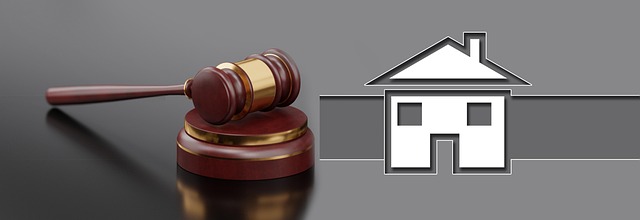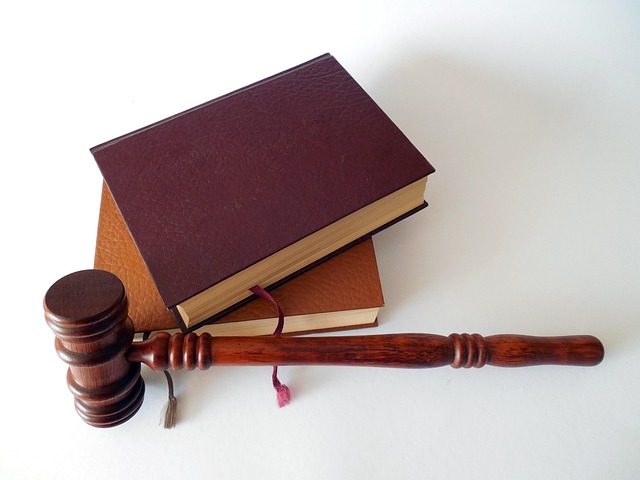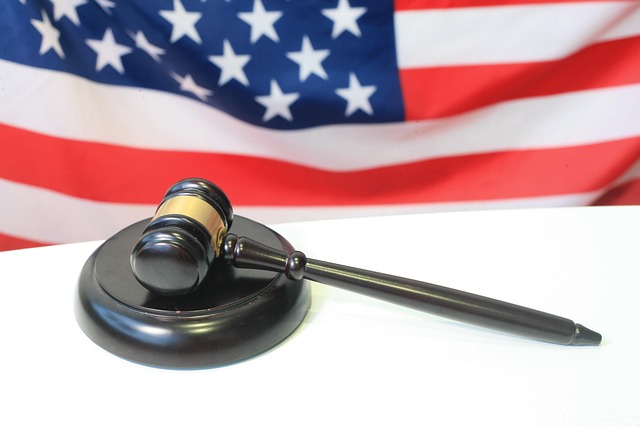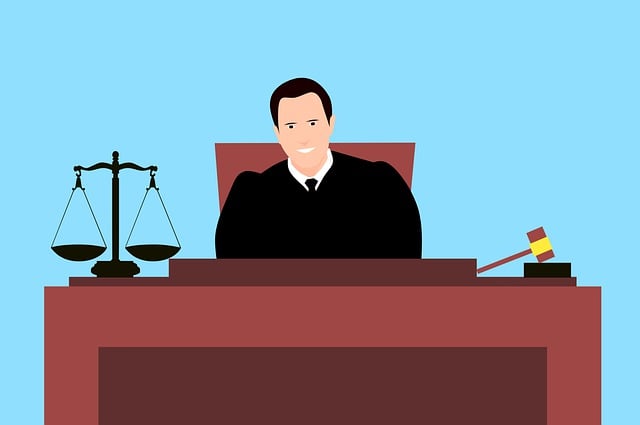The burden of proof, particularly the "beyond a reasonable doubt" standard, significantly influences criminal trial verdicts. In complex cases like white-collar crime, prosecutors and defenders alike must navigate intricate evidence and interpretations. Understanding how this burden affects outcomes is crucial for ensuring fair trials and protecting individual freedom from wrongful convictions.
Criminal defense attorneys play a pivotal role in safeguarding individuals accused of crimes. This article delves into the intricate dynamics of criminal cases, focusing on the burden of proof and its profound impact on verdicts. We explore how understanding the concept of reasonable doubt and the role of evidence can shape legal strategies. By examining challenges to prosecution claims, we uncover insights that demonstrate the critical influence of proof on the outcomes of criminal trials, ultimately highlighting the expertise required of defense attorneys.
- Understanding Burden of Proof in Criminal Cases
- The Role of Evidence and Reasonable Doubt
- Strategies for Defense Attorneys to Challenge Prosecution
- Impact on Verdicts: When Proof Falls Short
Understanding Burden of Proof in Criminal Cases

In criminal cases, the burden of proof is a fundamental concept that significantly influences the outcome of verdicts. It refers to the legal obligation placed on prosecutors to present compelling evidence and prove each element of a crime beyond a reasonable doubt. This standard, often described as “beyond a reasonable doubt,” is not absolute certainty but rather a level of confidence in the truth of the prosecution’s case. Achieving extraordinary results in criminal defense often hinges on challenging the burden of proof and highlighting reasonable doubts that could acquit the accused.
Understanding this concept is crucial, especially when dealing with complex cases, such as white-collar and economic crimes. The general criminal defense strategy may involve scrutinizing the evidence, questioning witness testimonies, and raising doubts about the prosecution’s ability to meet their burden. By doing so, defense attorneys can protect their clients’ rights and ensure a fair trial, ultimately aiming for outcomes that reflect the true merits of the case rather than mere technicalities or circumstantial evidence.
The Role of Evidence and Reasonable Doubt

In any criminal case, particularly during jury trials, the role of evidence and the concept of reasonable doubt are paramount. The burden of proof lies with the prosecution to prove beyond a reasonable doubt that the defendant is guilty. This standard is crucial as it ensures that convictions are based on solid and conclusive evidence rather than mere speculation. It protects against wrongful convictions and guarantees a fair trial, which is fundamental in general criminal defense strategies.
The concept of reasonable doubt allows jurors to consider all the facts presented and return a verdict only if they are convinced of the defendant’s guilt. This is especially important in cases involving complex issues or controversial evidence. For instance, in white-collar and economic crimes, where financial transactions and documentation can be intricate, a thorough understanding of evidence and its interpretation becomes essential. The defense attorney’s role here is to challenge the prosecution’s case, raise reasonable doubts, and ultimately affect the jury’s verdict by presenting alternative explanations and interpretations of the evidence.
Strategies for Defense Attorneys to Challenge Prosecution

In the realm of criminal defense, attorneys play a pivotal role in navigating complex legal landscapes. One of their primary strategies involves challenging the prosecution’s case, especially regarding the burden of proof. Understanding how the burden of proof affects verdicts is crucial for crafting effective defenses. In general criminal defense, the prosecution must prove guilt beyond a reasonable doubt, which gives defendants a significant advantage if they can introduce reasonable doubts into the jury’s mind.
In high-stakes cases like white collar defense, where accusations can carry severe consequences, defense attorneys employ various tactics to undermine the prosecution’s case. This includes cross-examining witnesses meticulously, questioning the reliability of evidence, and presenting alternative explanations or theories that cast doubt on the prosecution’s narrative. By leveraging strategic challenges and focusing on the burden of proof, criminal defense attorneys ensure their clients receive fair trials, aiming to protect rights and achieve favorable outcomes in what can often be complex and intricate legal matters.
Impact on Verdicts: When Proof Falls Short

In criminal cases, the concept of the “burden of proof” is paramount, as it determines the outcome of trials and the freedom of individuals. When evidence falls short, the burden shifts to the prosecution to prove guilt beyond a reasonable doubt. This principle ensures that convictions are based on solid, compelling evidence rather than speculation or circumstantial interpretations. However, its impact extends far beyond ensuring fair trials; it also shapes verdicts in white-collar defense cases, where complex financial crimes and unprecedented track records of successful defenses come into play.
In jury trials, the burden of proof plays a pivotal role in decision-making processes. If the prosecution fails to meet this standard, acquittals may follow, regardless of the perceived guilt of the defendant. This is especially true in white-collar cases, where intricate financial schemes and lack of direct evidence can make proving intent challenging. An experienced criminal defense attorney navigates these complexities, ensuring that their client’s rights are protected and that justice is served, even when proof is scarce.
Understanding the burden of proof is pivotal in ensuring just verdicts. By comprehending the role of evidence and applying strategic challenges, criminal defense attorneys can effectively navigate complex cases. Ultimately, mastering how burden of proof affects verdicts is essential for upholding fairness within the legal system.






